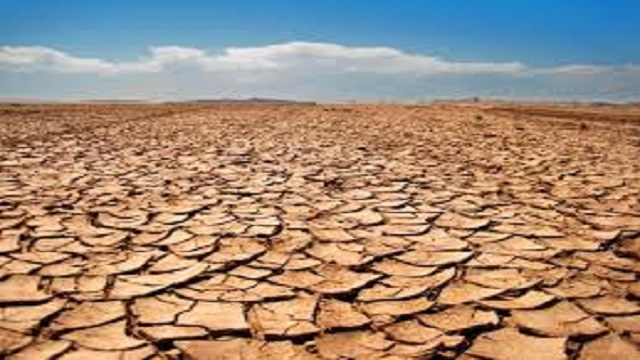NITI Aayog, the government’s policy think tank, is working closely with Gram Panchayats (village councils) to improve climate resilience in rural areas.
This partnership aims to help local communities better adapt to the effects of climate change, such as rising temperatures, unpredictable rainfall, and natural disasters like floods and droughts.
The Gram Panchayats are crucial in implementing policies at the local level. By collaborating with NITI Aayog, these Panchayats can take more effective actions to protect their communities and natural resources. NITI Aayog is providing the necessary guidance, tools, and resources to help the Panchayats build strategies that are suited to their specific needs. These efforts include developing water management systems, improving agricultural practices, and creating disaster response plans that are tailored to local conditions.
One key aspect of this collaboration is educating local communities about climate change and its potential impacts. NITI Aayog helps Panchayats run training sessions and workshops, where farmers, local leaders, and citizens can learn how to make their practices more climate-friendly. This includes techniques such as rainwater harvesting, soil conservation, and planting drought-resistant crops. By applying these strategies, communities can reduce their vulnerability to climate change while also improving their livelihoods.
In addition, NITI Aayog is helping Panchayats access government schemes that offer financial support for climate resilience projects. This financial assistance allows the communities to implement large-scale projects, such as building climate-resilient infrastructure, creating green spaces, and setting up renewable energy sources like solar panels.
Overall, this collaboration between NITI Aayog and Gram Panchayats is helping rural areas develop long-term solutions to climate challenges. By working together, they are not only building resilience but also empowering local communities to take charge of their own future. With the right tools, knowledge, and support, these rural communities can face the challenges of climate change head-on and create a sustainable, climate-resilient future.







